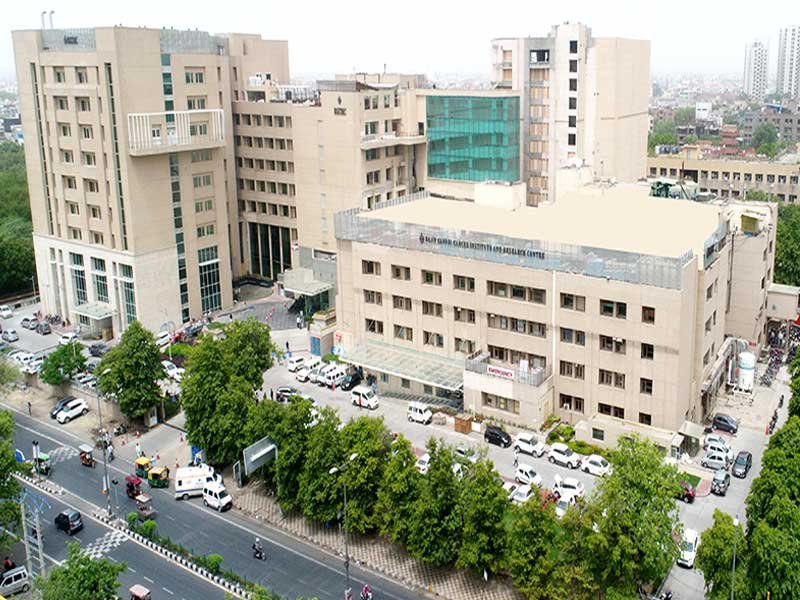Home Cost Cardiac Surgery Aortic Valve Replacement-Single

An open heart surgery procedure known as an aortic valve replacement is used to treat issues with the aortic valve of the heart. Blood leaving the heart and traveling to the rest of the body is regulated by the aortic valve. The average cost of Aortic valve replacement in India is 6900- 7500 USD
Overview
Aortic valve illness or injury can restrict blood flow and make the heart work harder to pump blood to the body.
Aortic valve replacement or repair can increase blood flow, lessen the signs and symptoms of heart valve illness, and extend life.
The average cost of Aortic valve replacement Surgery in India is 6900- 7500 USD.
The success rate of Aortic valve replacement surgery is approximately 95% with careful patient selection and prompt treatment.
Your healing is affected by a number of things. A few of these include
| Aortic Valve Replacement-Single cost | |
|---|---|
| Treatment Name | Estimated Cost |
| Aortic Valve Replacement-Single | 6900-7500 USD |
You'll often need to spend a week or more in the hospital following an Aortic Valve Replacement.
It usually takes 4-8 weeks to repair after Aortic Valve Replacement Surgery.
Treatment for aortic valve disease that is long-lasting is aortic valve repair. 84 percent of patients are able to avoid surgery for at least 10 years.
Repair or replacement risks for heart valves
It is normally safe to repair or replace valves. The risk of complications exists with all surgeries and procedures. among the treatment's potential hazards are
Yes, it is necessary to have a companion.
Around 1-2, weeks is required for a patient to be able to travel after Aortic Valve Replacement Surgery.
Yes, you can do your own research and choose your physical therapist.
After valve surgery, you'll need to take painkillers because you'll experience muscle and wound discomfort for a few weeks.
Yes, insurance companies include the cost of Aortic Valve Replacement Surgery.
Most patients are able to resume normal activities after 2-3 months.
To discover the top doctors or hospitals in India, you can utilize our website, http://mejocare.com On the doctors' page, you can filter and find the finest doctors, while on the hospital page, you can identify the best hospitals. Additionally, you can reach out to us, and we will gladly offer you all the necessary suggestions and information you need.
Generally speaking, an Aortic Valve Replacement surgery procedure takes two to four hours.
No, there is no waiting list for Aortic Valve Replacement Surgery in India.
You'll often need to spend a week or more in the hospital following an Aortic Valve Replacement.
A chest X-ray, blood tests, and an electrocardiogram are a few of the tests that will have to be done before surgery.
Your cardiologist will advise that you start an outpatient cardiac rehabilitation program three to six weeks after you are released from the hospital.
For the duration of the procedure, you remain unconscious (under general anesthesia). Although the success of the procedure is being watched over and the bypass is ensuring blood is getting to the heart, you will be kept under general anesthesia.
The average cost of Aortic Valve Replacement in India is 6900- 7500 USD.
The success rate of Aortic Valve Replacement surgery is approximately 95% with careful patient selection and prompt treatment.
After an Aortic Valve Replacement, eating poorly can raise your risk of experiencing heart problems.
Try to eat these things instead:
Stairs should not be avoided, but they do need more effort to ascend than flat surfaces. You should ascend stairs safely before leaving the hospital, so do so with the physical therapist. Go gradually and with patience. At the halfway mark or anytime you start to become tired, you might want to take a break and relax.
The following are only a few of the potential dangers connected with Aortic Valve Replacement surgery:

Beds: 539
New Delhi

Beds: 230
New Delhi

Beds: 710
New Delhi

Beds: 650
New Delhi

Beds: 191
New Delhi

Beds: 310
New Delhi

Beds: 299
Gurugram

Beds: 380
New Delhi

Beds: 402
New Delhi

Beds: 1250
Gurugram

Beds: 1000
New Delhi

Beds: 500
New Delhi

Beds: 450
Faridabad

Beds: 675
New Delhi

Beds: 500
New Delhi
Our care team can help you.
